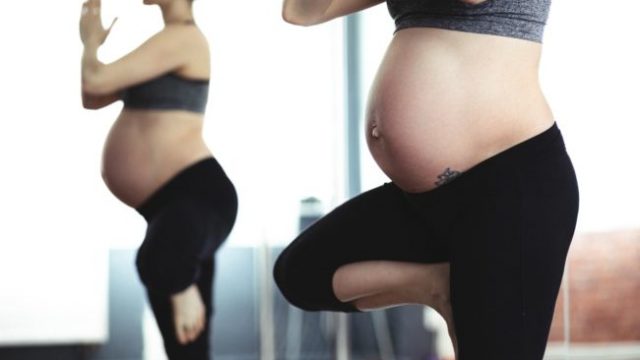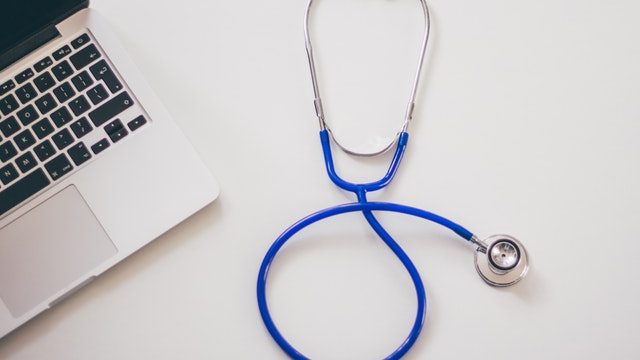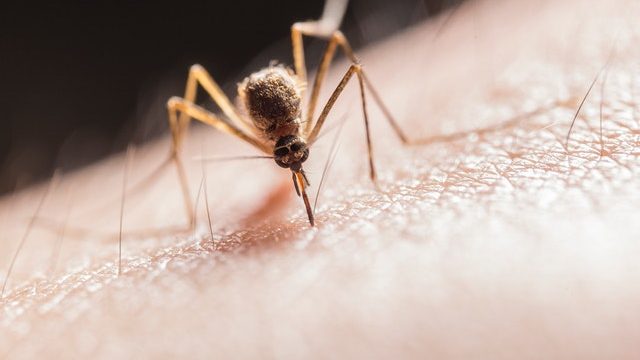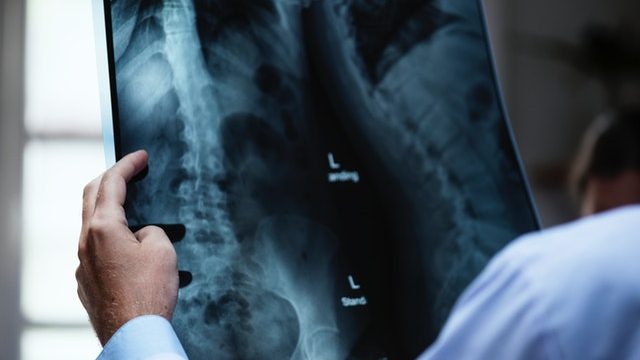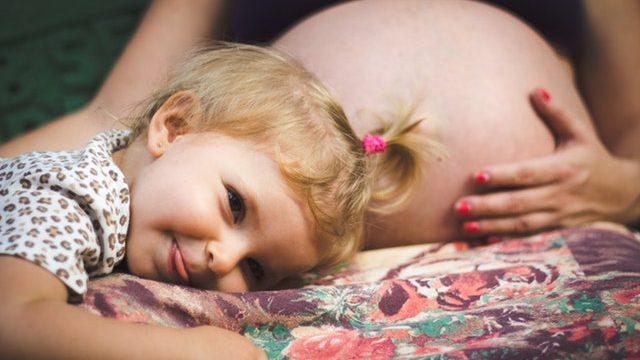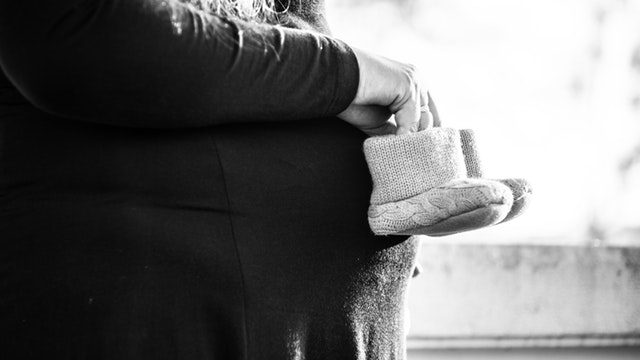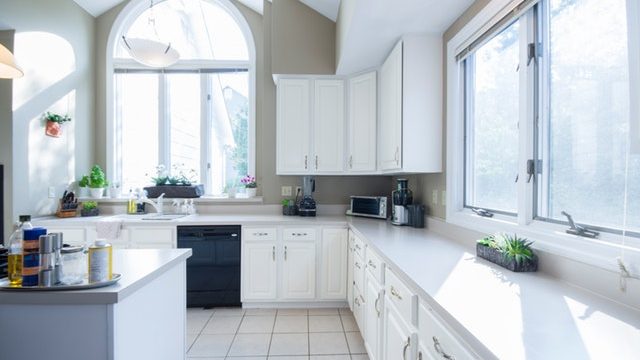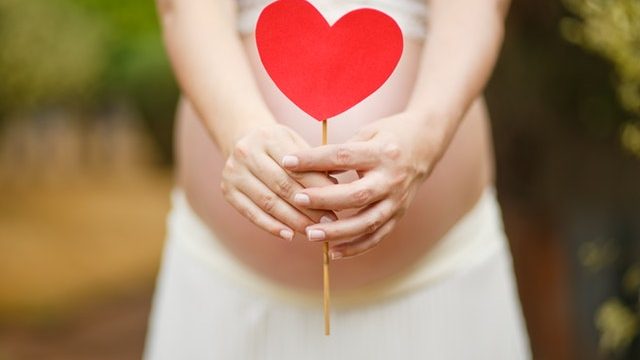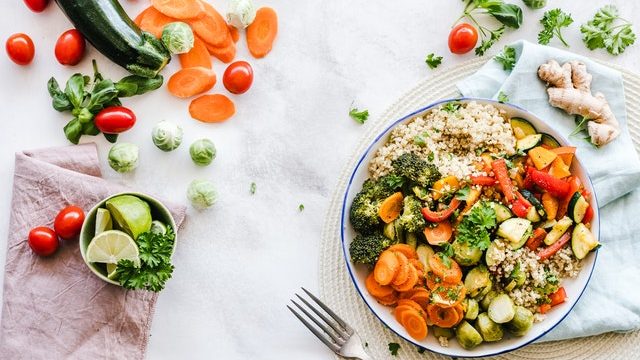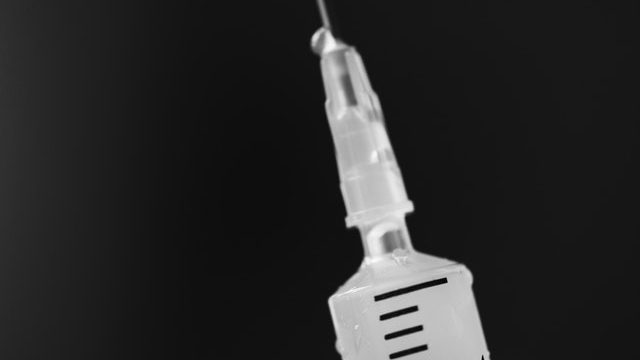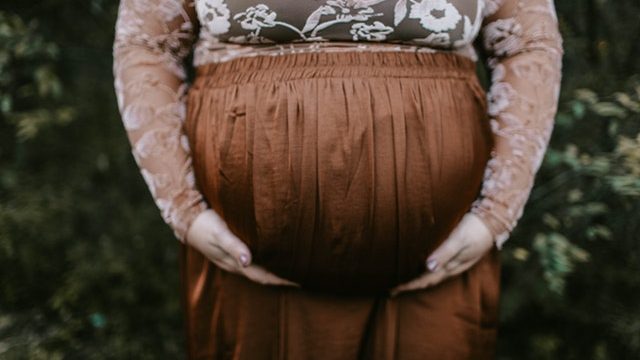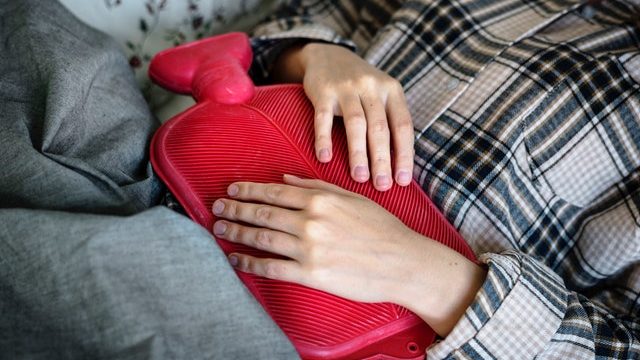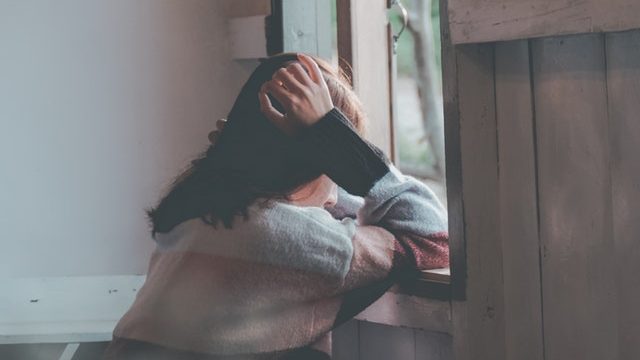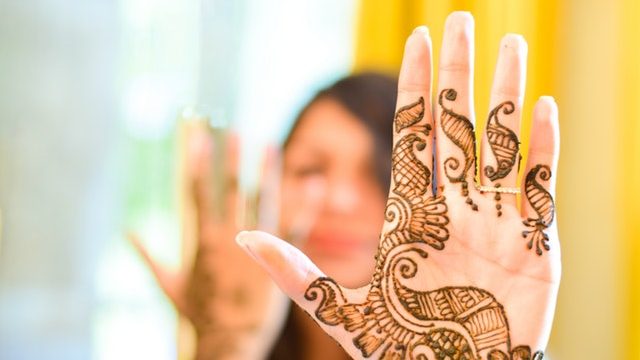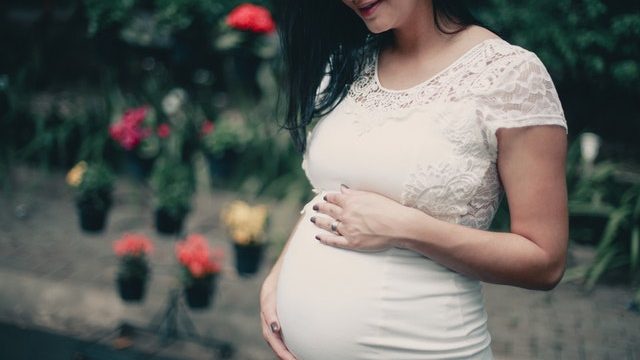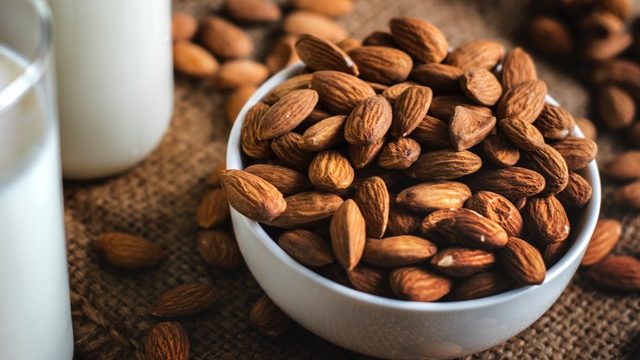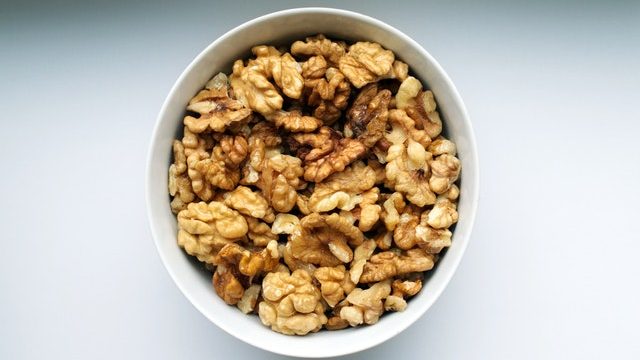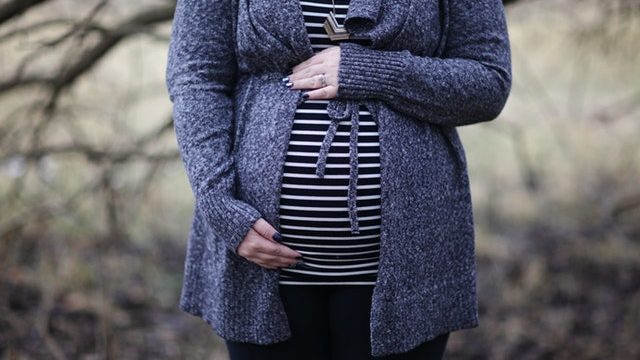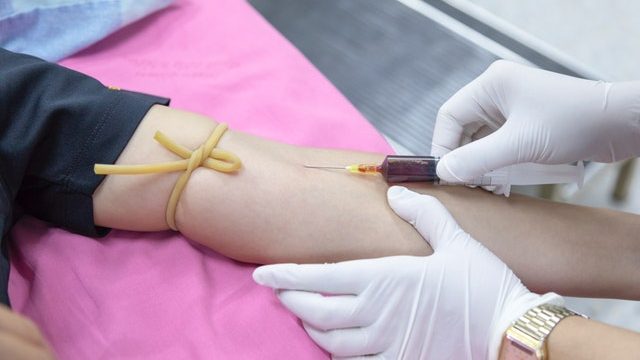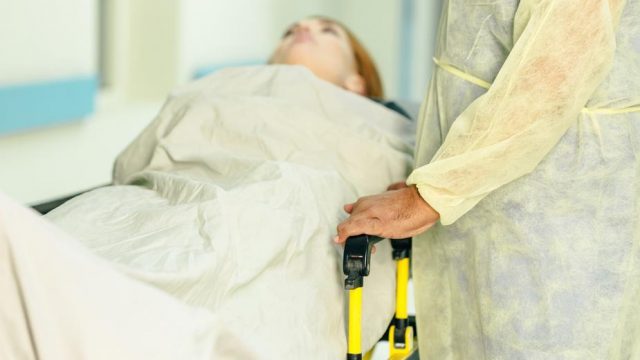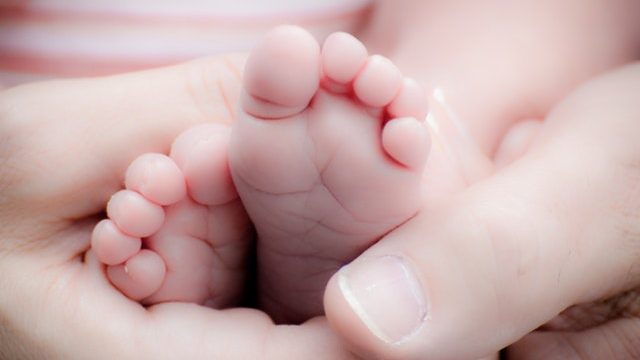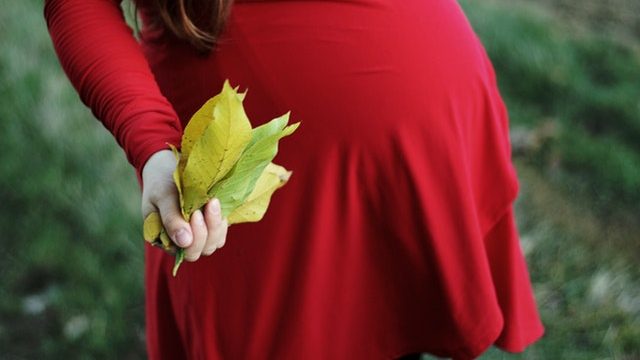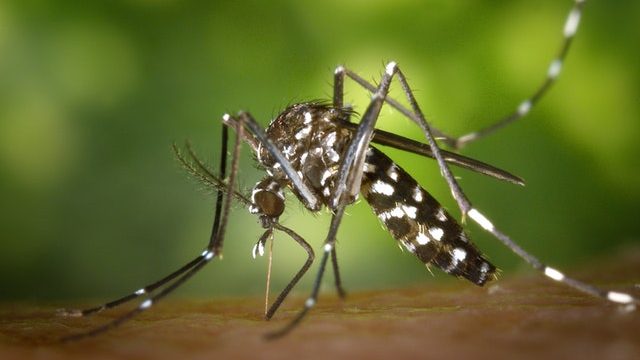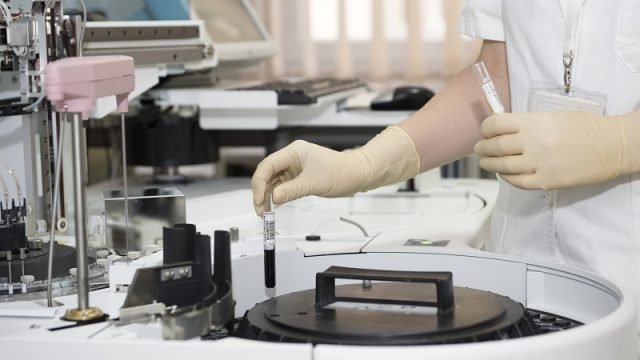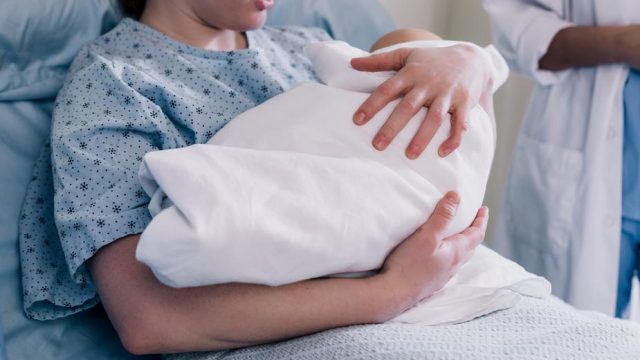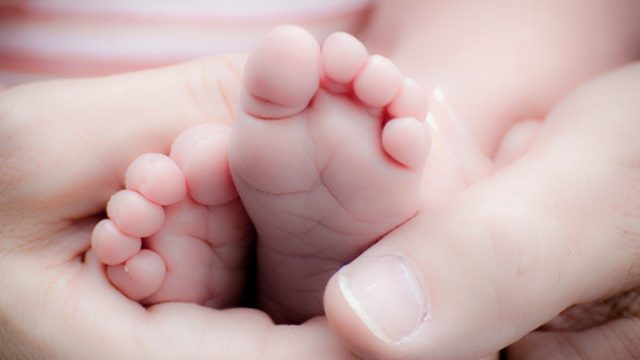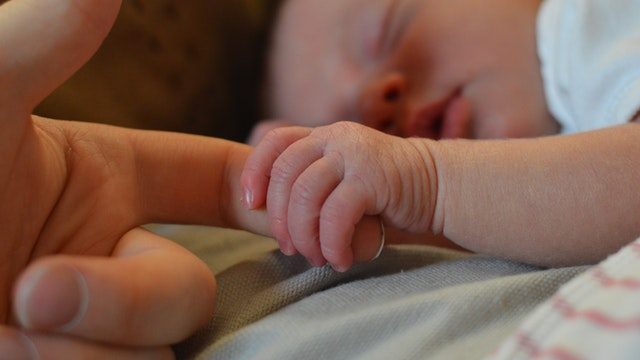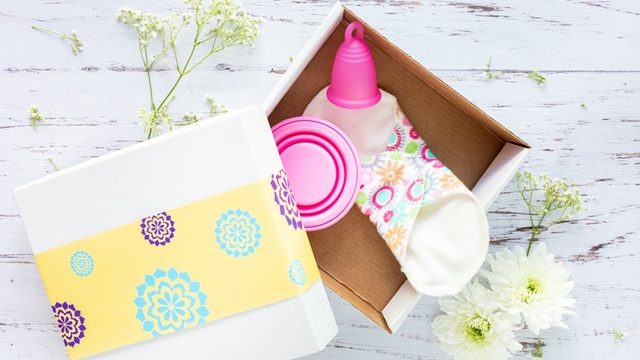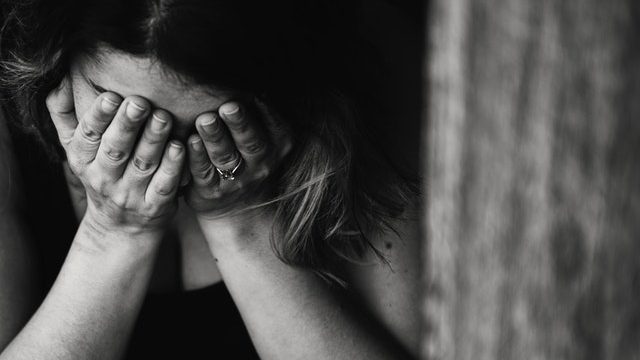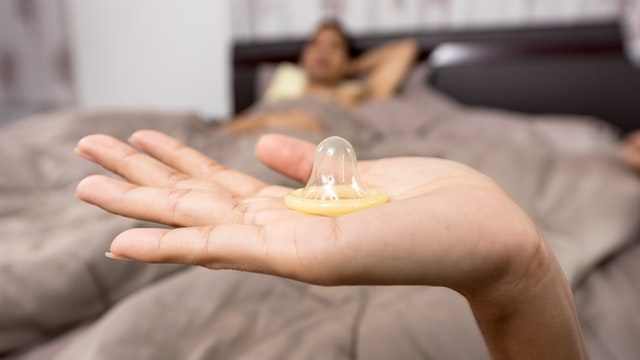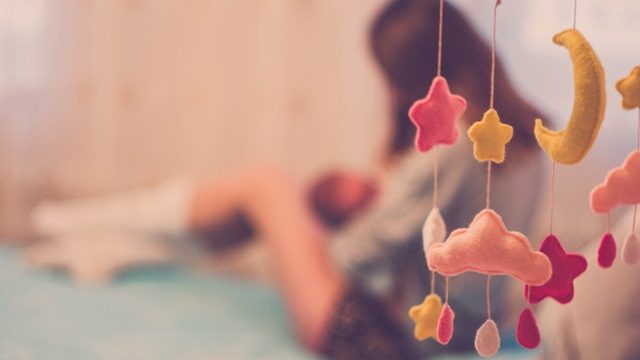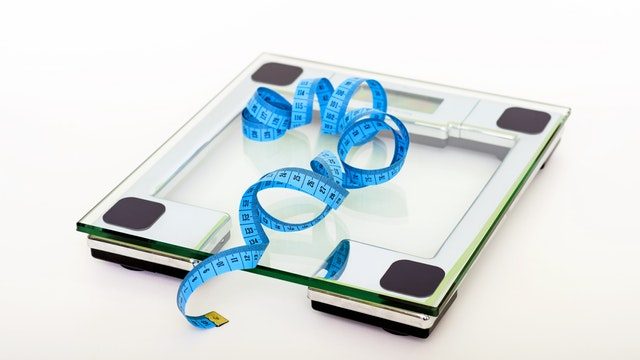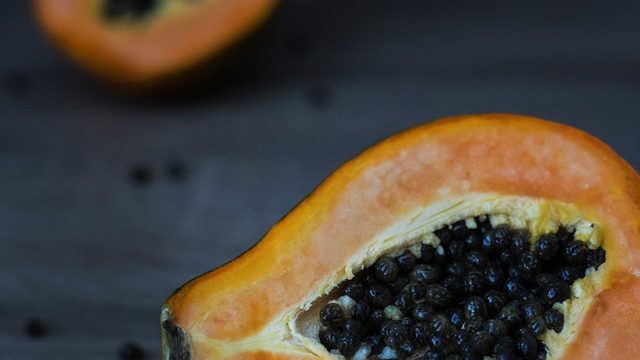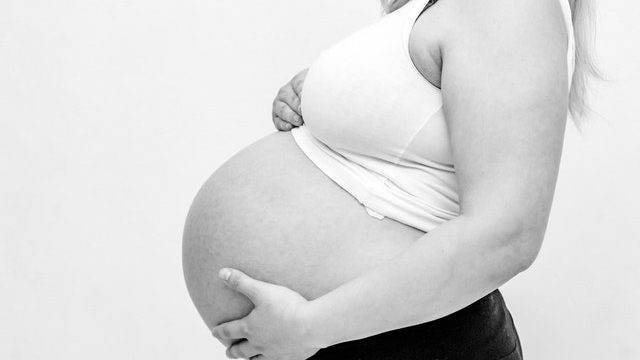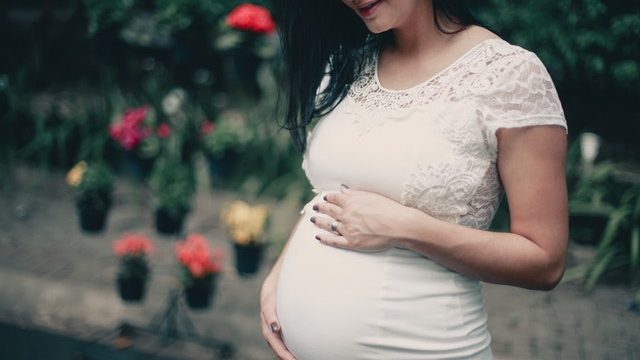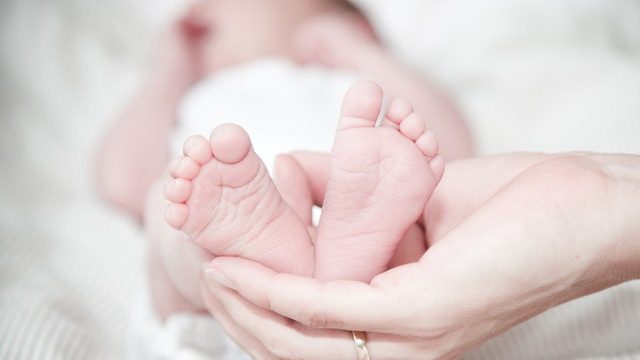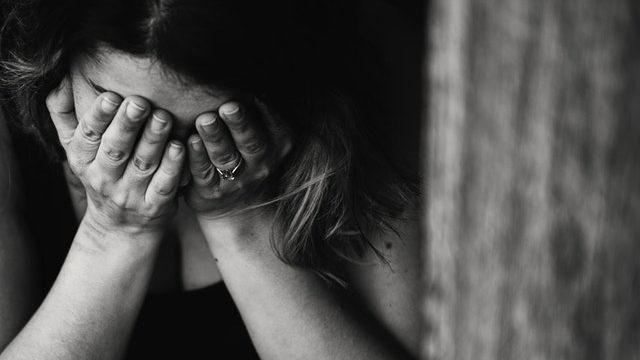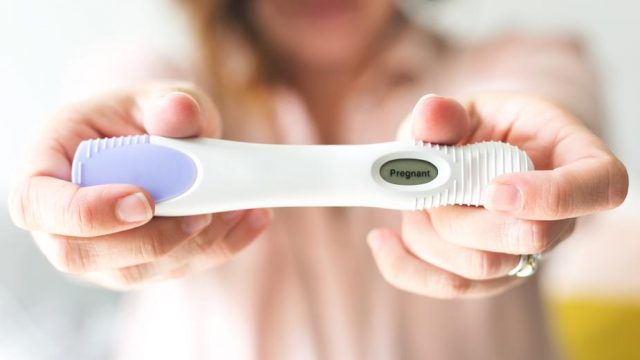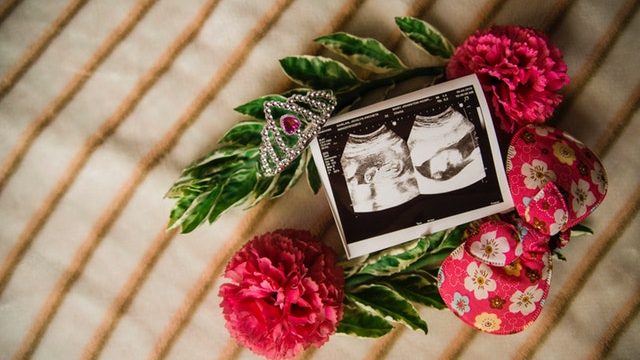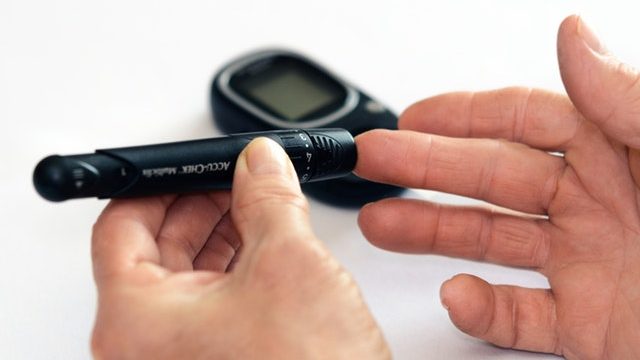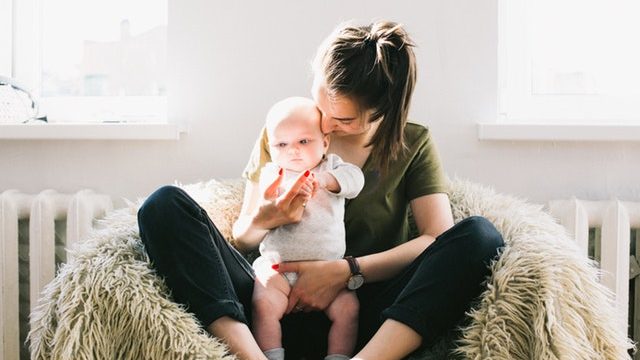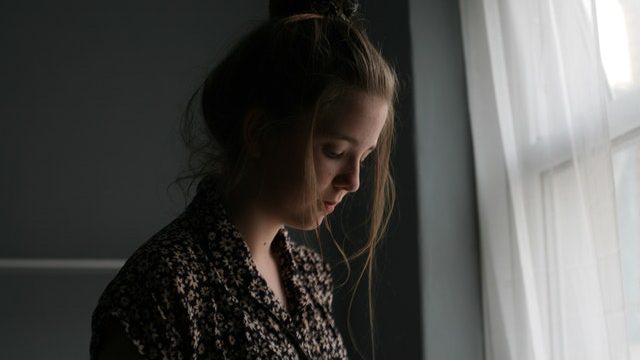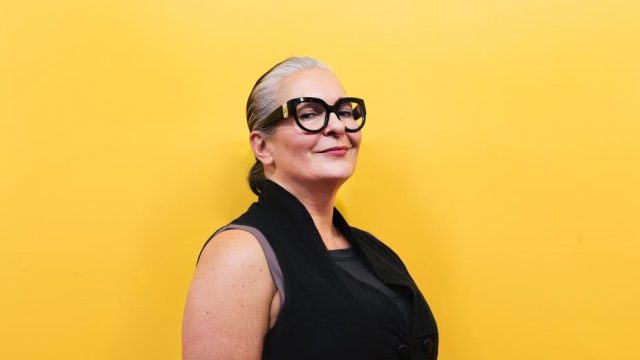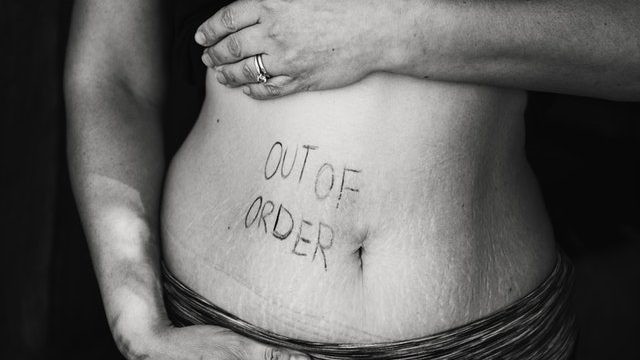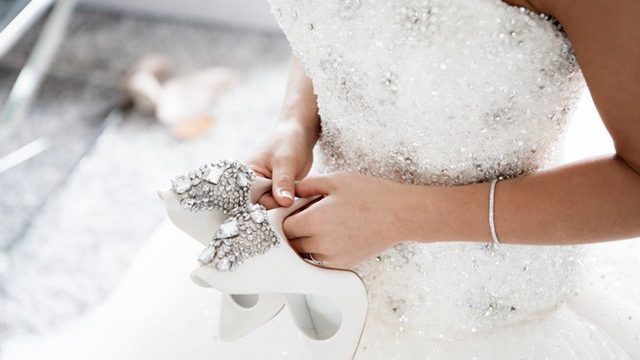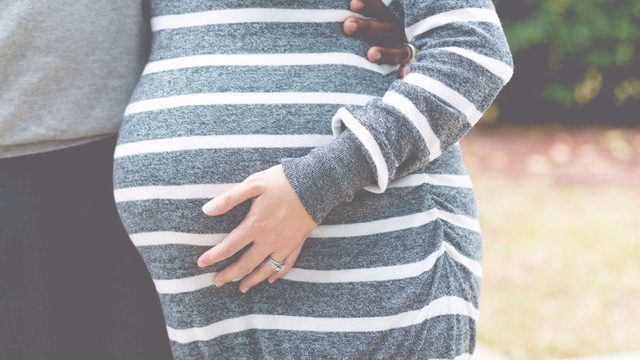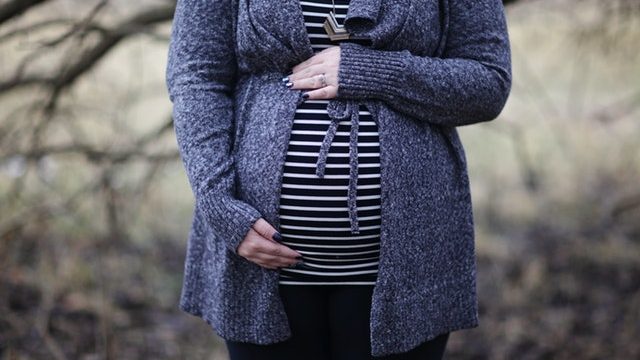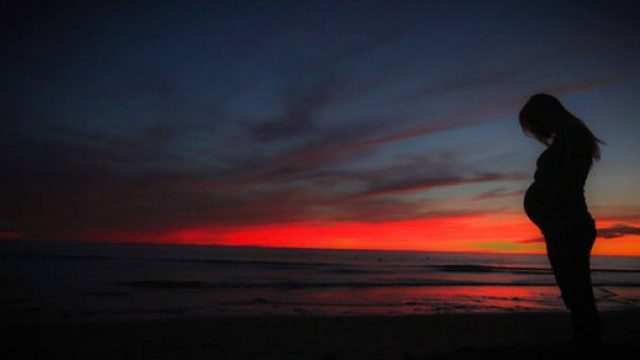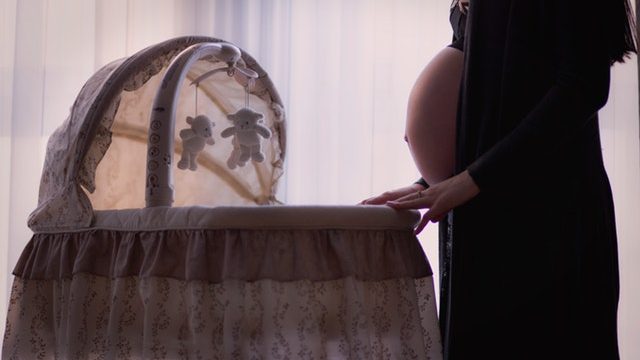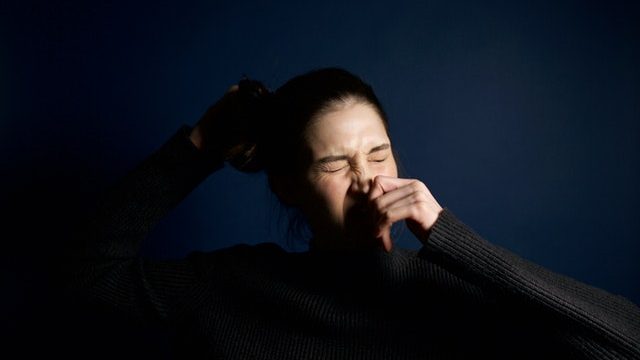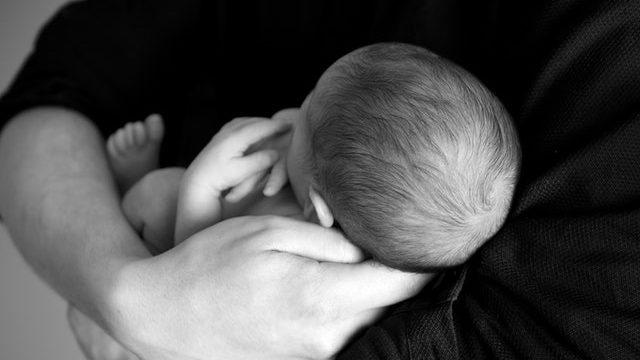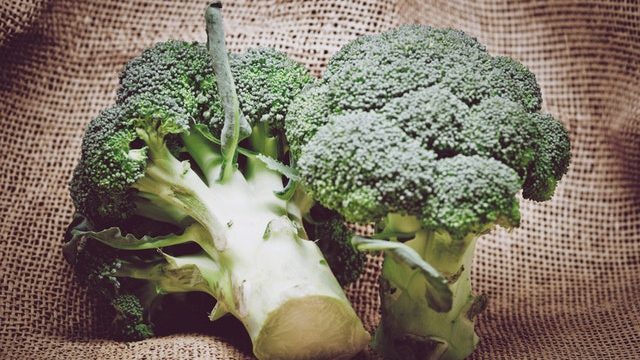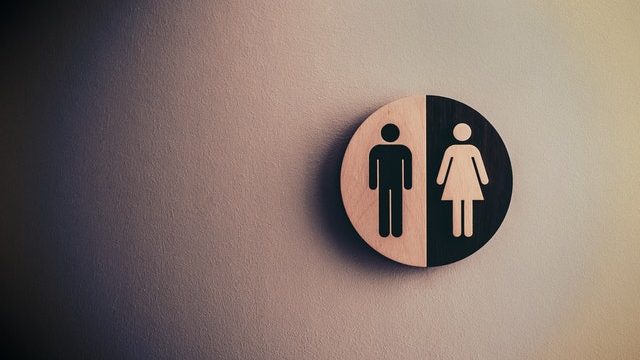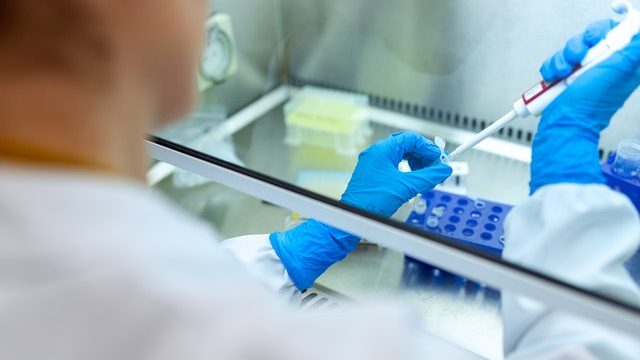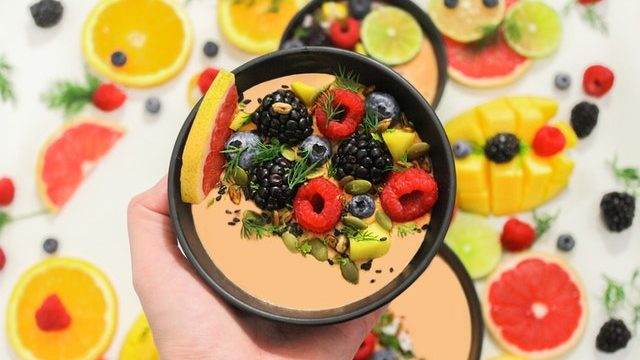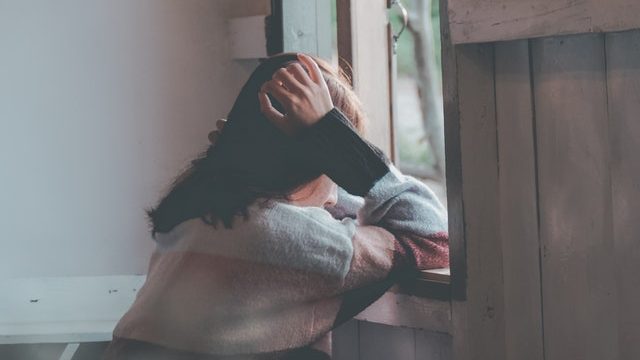Age has an important impact on women’s fertility. This relationship between fertility and age is called a biological clock.
The fertility increases after menarche and peaks by mid-20. It then gradually falls with a sharp decrease after 35. At menopause, the fertility totally stops.
At the age of 30 years, 70% of women will have a baby within one year of trying, but at 35 years only 66% will be successful and at 40 years only about 40 % may be lucky.
The National Institute for Health and Clinical Excellence states that about 94 out of every 100 women aged 35 who have regular unprotected sexual intercourse will get pregnant within 3 years of trying. For women aged 38, however, only 77 out of every 100 will get pregnant.
So, the best age seems to be between 20 and 35, but it is still difficult to give one answer that suits all.
Here, I will share my views for different age groups: Women Fertility Age
Age 20 to 25
1. A baby at this age may affect the education
2. If you are working, then the career has still to take off and therefore it is easier to give time to the newborn. But one may not be financially well settled to take on new financial responsibilities
3. You may not be emotionally mature enough to take on parenting and the
marriage or the relationship may not be strong enough to take on the
responsibility of a new bond.
Age 25 to 30
1. Physically your body is at its best, and therefore the right time to have a baby.
2. The risk of complications during pregnancy and labour are less than in your teens or the mid-thirties.
3. You are young and energetic and therefore you can manage the demands of a newborn and the stress of sleepless nights.
4. There is a little generation gap, and this is useful when the children are growing up.
5. You are more likely to have a stable marriage and a steady income.
6. An important point in Indian Scenario- The joint family structure is less popular but not yet totally out. The would-be grandparents are still young and an
asset as they are very happy to help with the care of the baby.
Age 30 to 35
1. Physically it is still a good time to have a baby.
2. It may take slightly longer to get pregnant and there is a marginal increase in risk during pregnancy and labor.
3. The career actually may now be on a growth curve and may need to take the back seat thus leading to a downward slide.
Age 35 to 40
1. Fertility starts dipping and there is a fair risk of abnormal babies, genetic defects, miscarriages, medical problems like raised blood pressure and diabetes in pregnancy.
2. There is a higher risk of Caesarean sections.
3. There is invariably a generation gap as the child grows.
4. Physically you may not be able to cope with the demands on a newborn, e.g. sleepless nights.
Age 40 +
1. Women will usually require some form of assisted reproduction.
2. There is a higher chance of complications during pregnancy and childbirth.
3. There is a fair chance that the delivery will be by a caesarean section.
4. It may be very tiring to cope with the upbringing of the child and some
assistance will be welcome.
5. You may not be there to handhold your kids into their adulthood.
6. You may yourself miss out on being a grandparent – which is a pleasure in itself. So, plan well so that you can reap the benefits of the seeds that you sow and enjoy motherhood!!!



